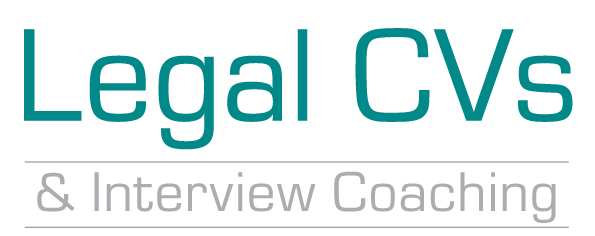Receiving an invite for interview means the firm thinks you have good potential for the role based on the strength of your application. You have already been selected against hundreds maybe thousands of other applicants – so that’s a win. The interview is an opportunity for them to get to know you in person and see whether you are the right fit for the firm.
Many people (including me) find interviews daunting. I used to picture all the things that could go wrong – my biggest fear being going completely blank when asked a question. However, overtime I learnt that that’s ok. It is okay to ask if you can come back to that question later or whether you can take a moment to think about it. In practice, if a client asked you a technical legal question and you didn’t know the answer – you would tell them (hopefully) that you will get back to them, rather than giving incorrect advice just to show face.
The first thing I would do is revisit your application. You would have already done your research and demonstrated your interest in the firm, explained why you want a career in law (or a particular field of it) and why the job interests you in writing. You want to be consistent so think about ways you can expand on or provide more depth and content to those reasons if asked again at interview. After all, whatever it is you wrote initially is what prompted the invite in the first place.
Check the firm’s literature and website for any updates since your application – have they recently closed a large headline deal? Are there any new initiatives? Make sure you are up to date with their latest, as you may well be asked about it. It also cements your interest and enthusiasm for the firm.
Second, practice your answers to common interview questions. Some interview questions are typical across industries, such as “Tell me about yourself,” and “What are your strengths and weaknesses?” Practice answering these questions beforehand, perhaps with a friend as a mock interview and try to sound natural. I was once told after interview for a very large American firm that my answers sounded rehearsed – so don’t verbatim! The more natural and fluid your answers the better. One way to do this is bullet point what it is you would want to get across, and use those as a prompt. Always have a few examples ready that you can select from. Saying you are good at working in a team is one thing, but being able to back it up with real life examples gives much more weight to it.
Third, think about what you want to convey to the interviewer. Are you a quick learner? Do you have excellent communication skills? Think about your assets and how you can showcase them during the interview.
Fourth, and this one is essential – practice good nonverbal communication. This means making eye contact, smiling, and sitting up straight. Keep your gestures and movements in check, and try to mirror the interviewer’s body language. This will create a positive rapport and show that you’re engaged in the conversation. Nod your head when they are talking to you – it shows you are attentive and interested and really goes a long way.
Lastly, ask questions. The interview is as much of an opportunity for you to get to know them as much as it is the other way round. Try not to ask very obvious questions you can find on the firm’s website though! Asking about the firm’s future plans, the long term scope of the position you are applying for and the team you will be working with are always good examples.
These techniques can help you make a strong first impression and demonstrate your best qualities to the interviewer. Good luck!
If you are a career changer and
If you are interested in personalised legal interview coaching, please do get in touch with me.


0 Comments